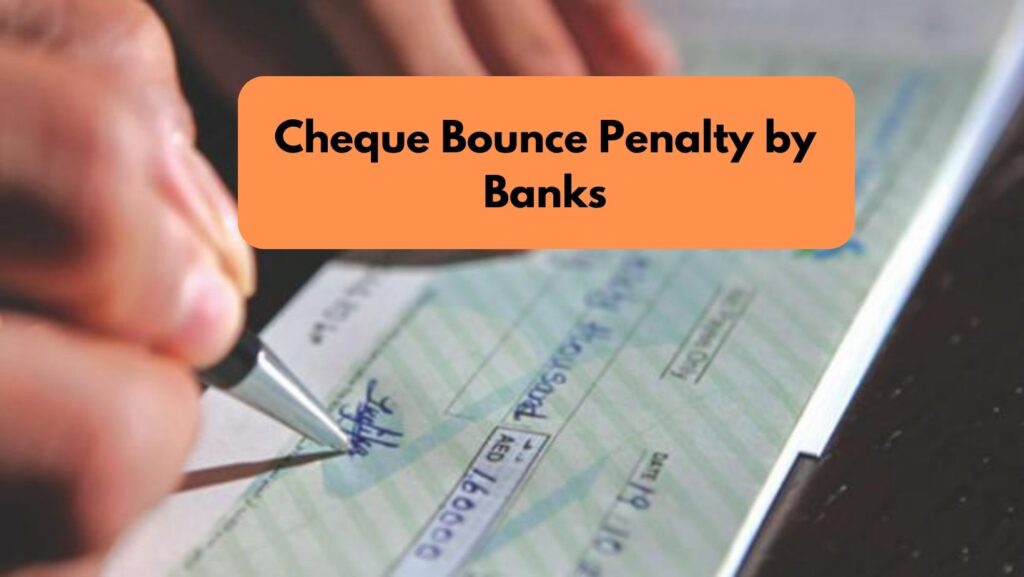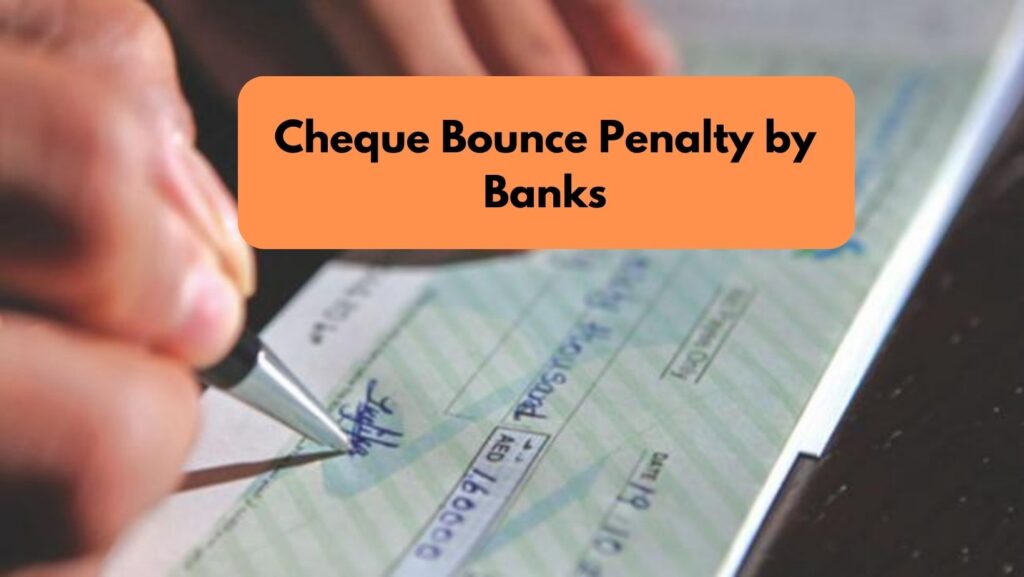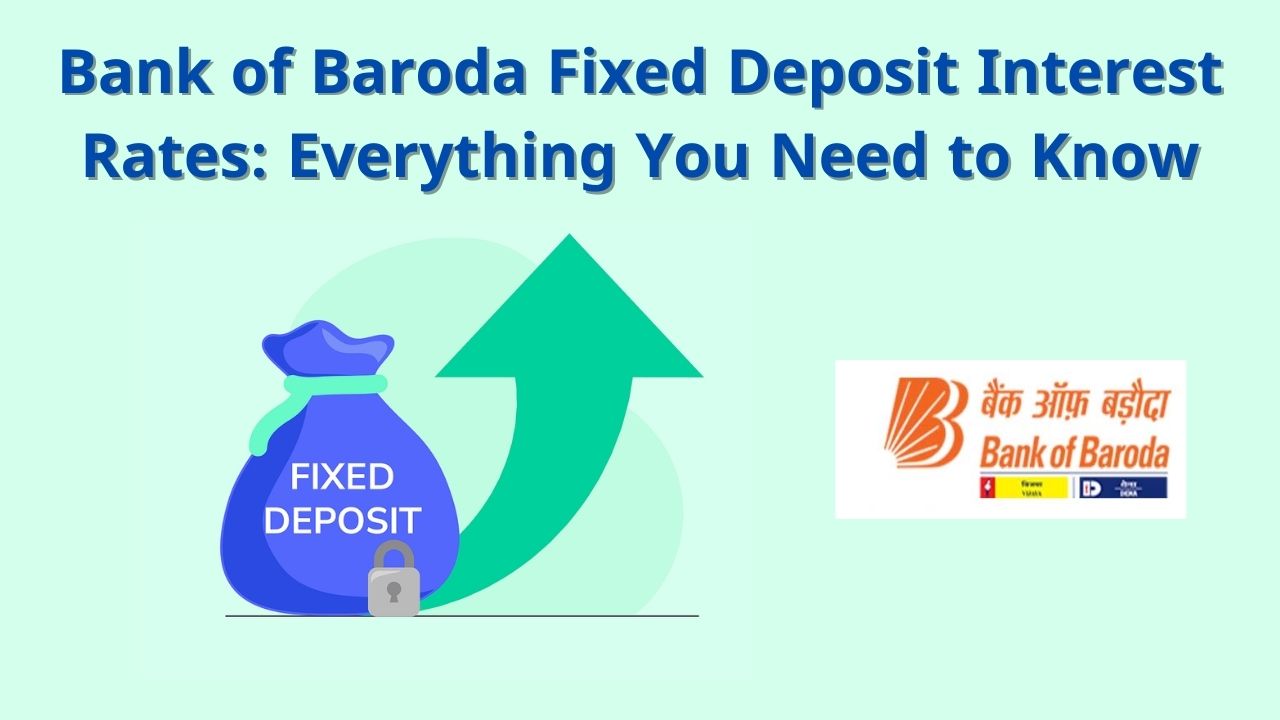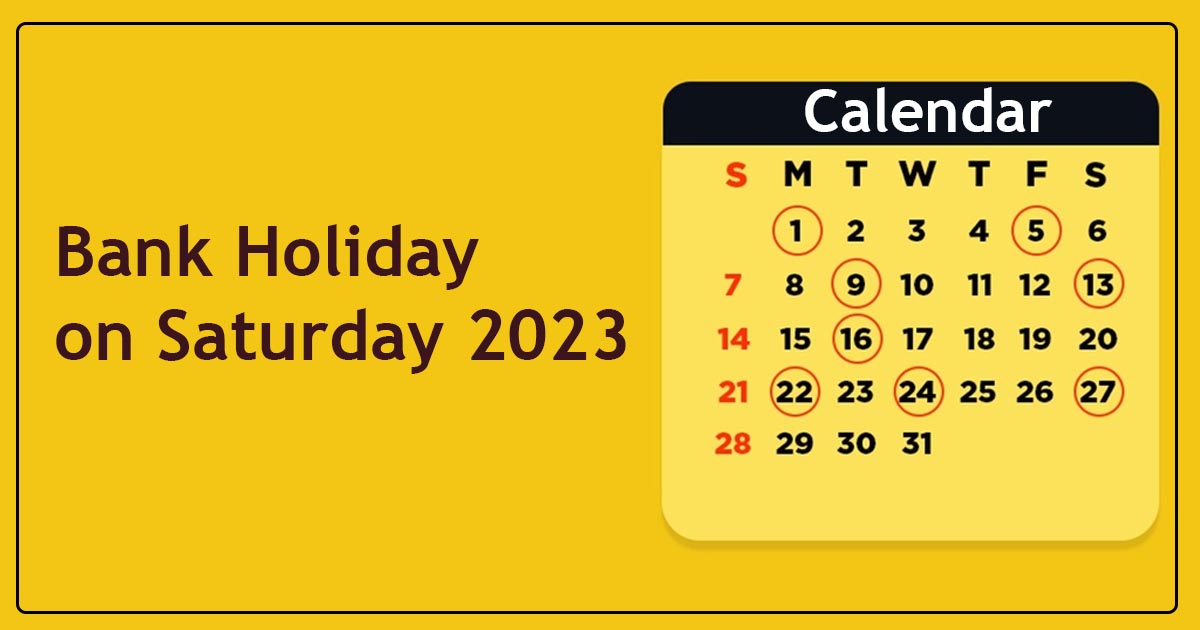In today’s digital age, cheques may seem like a thing of the past. However, they still hold significant relevance in many financial transactions. While cheques provide a convenient mode of payment, they can also give rise to certain complications, such as cheque bounce penalty.

It is crucial for individuals and businesses to understand the implications and penalties associated with cheque bounce cases. In this article, we will delve into the concept of cheque bounce penalty, their types, legal consequences, factors affecting them, and offer essential tips to avoid them.
What is Cheque Bounce Penalty?
A cheque bounce penalty refers to the charges imposed by banks in the event of a bounced cheque. When a cheque is presented for payment, the bank verifies whether sufficient funds are available in the issuer’s account to honor the payment. If there are insufficient funds, the cheque bounces, leading to financial penalties for the account holder.
Types of Cheque Bounce Penalty
Monetary Penalties
Banks levy fixed penalty charges for bounced cheques, irrespective of the cheque amount. These charges vary from bank to bank and can range from a nominal fee to a considerable amount. Additionally, if there are repeated instances of cheque bouncing, banks may impose additional penalty charges for each subsequent offence.
Legal Consequences
Apart from monetary penalties, a bounced cheque can have legal repercussions as well. The payee has the right to initiate legal action against the defaulter, seeking compensation for the bounced cheque. The defaulter may have to appear in court and face legal proceedings.
In some cases, the defaulter’s assets can be seized to settle the dues. Moreover, a bounced cheque can leave a lasting negative impact on the defaulter’s credit score and reputation in the financial industry.
A Cheque Could Be Dishonoured for the Following Reasons
There are several reasons why a cheque may bounce. These include:
Insufficient Funds: One of the most common reasons for a cheque bounce is when the payer’s account lacks sufficient funds to cover the amount mentioned on the cheque.
Mismatched Signature: If the signature on the cheque does not match the specimen signature provided by the account holder, the cheque may be dishonoured.
Post-Dated Cheque: When a cheque is presented for payment before the date mentioned on it, it will be considered as a dishonoured cheque.
Stale Cheque: Banks have a specific timeframe within which a cheque needs to be presented for payment. If the cheque is presented after its expiry, it may bounce.
Frozen Account: If the account from which the cheque is drawn is frozen due to various reasons, the cheque will be dishonoured.
Consequences
When a cheque is dishonoured, it can have serious consequences for both parties involved. Let’s take a look at the implications:
Legal Consequences for the Drawer: The drawer of the dishonoured cheque can face legal action taken by the payee. This can result in civil or criminal proceedings, depending on the circumstances.
Financial Loss for the Payee: The payee will have to bear the financial loss of the dishonoured cheque. It can cause inconvenience, especially if there were expenses or bills to be paid using the cheque amount.
Damage to Reputation: Dishonoured cheques can tarnish the reputation of the drawer. It raises questions about their credibility and trustworthiness, leading to difficulties in future transactions.
Cheque Bounce Penalty by Popular Banks
| SNo. | Bank | Charges |
| 1 | SBI | Cheque/bill deposited with SBI returned unpaid by others (outstation/ local) |
| Cheque/bill up to ₹1.00 lacs – ₹150/- + GST | ||
| Cheque/bill above ₹1.00 lacs – ₹250/- + GST | ||
| Cheque Returned Entries for Cheques carried on SBI (for inadequate funds only) (for all segments) | ||
| ₹500/- + GST (irrespective of the cost) | ||
| Cheque returned costs for Cheques carried on SBI (for professional reasons) for all shares when the customer is at mistake. | ||
| ₹150/- + GST | ||
| 2 | HDFC Bank | Saving A/c |
| Outward: ₹100/- | ||
| Inward: First cheque results in a quarter – ₹350/-. From another cheque return in the same direction – ₹750/- per return | ||
| Current A/c | ||
| Outward: ₹50/- | ||
| Inward: ₹300/- | ||
| Dishonour of Outstation Cheques | ||
| Automatic Savings | ||
| Outward: ₹100/- | ||
| Inward: ₹350/- | ||
| Senior Citizen Account | ||
| Outward: ₹80/- | ||
| Inward: ₹350/- | ||
| 3 | ICICI Bank | Local Charges |
| Cheque placed by the client – ₹100/- (for all cheque return for commercial reasons) | ||
| Cheque declared by the customer –₹350/- (for one cheque return per month); ₹750/- per statement in the same month for business or financial reasons. ₹50/- for non-financial purposes except for signature confirmation for each cheque return for business reasons. | ||
| Outstation Charges | ||
| Outstation cheque collected by the client – ₹150/- + other bank charges at actuals per cheque. | ||
| 4 | Axis Bank | Return of cheques collected at the home branch for limited clearing – ₹500/- per cheque |
| 5 | Bank of Baroda | Cheque (collected by BOB’s client and returned overdue (Inward Return) |
| Up to ₹1 lac – ₹125/- | ||
| Above ₹1 lac to less than ₹1 crore – ₹250/- | ||
| Above ₹1 crore – ₹500/- | ||
| Cheque (carried on BOB) paid (Outward Return)– (Financial Reason) | ||
| Up to 1 lac – ₹250/- | ||
| Above ₹1 lac to less than ₹1 crore – ₹500/- | ||
| For ₹1 crore and above – ₹750 per instrument | ||
| In case the bank continues out of funds; original interest is at 7.5% over base rate is to be credited extra | ||
| For other reasons – ₹250/- |
What Happens If the Payee Takes Legal Action?
When the payee decides to take legal action against the drawer of a dishonoured cheque, the following steps are usually followed:
Legal Notice: The payee sends a legal notice to the drawer, informing them about the dishonoured cheque and demanding payment within a specified time frame.
Filing a Complaint: If the drawer fails to make the payment within the stipulated time, the payee can file a complaint with the concerned authorities, such as the police or the court.
Legal Proceedings: The legal proceedings may involve hearings, submissions of evidence, and cross-examinations. If found guilty, the drawer can face penalties and punishments.
What Are the Penalties and Punishments for Dishonoured Cheque?
The penalties and punishments for a dishonoured cheque vary depending on the laws of the country or region. Here are some common consequences:
Criminal Proceedings: In many jurisdictions, the dishonour of a cheque is considered a criminal offense. The drawer may be prosecuted and face imprisonment, fines, or both.
Financial Penalties: Apart from criminal proceedings, the drawer may be liable to pay a penalty to the bank. This penalty can vary and is generally a percentage of the cheque amount.
Civil Liability: The payee can also file a civil suit to recover the amount mentioned on the dishonoured cheque. If the court rules in favor of the payee, the drawer will be legally obligated to pay the amount, along with any additional damages awarded.
In conclusion, the dishonour of a cheque can have severe consequences for both the payer and the payee. It is essential to ensure sufficient funds and accuracy while issuing a cheque to avoid such situations. Payees should take appropriate legal steps if faced with a dishonoured cheque, while drawers should be aware of the penalties and punishments associated with such instances. By understanding the implications, both parties can maintain financial integrity and trust in their transactions.







